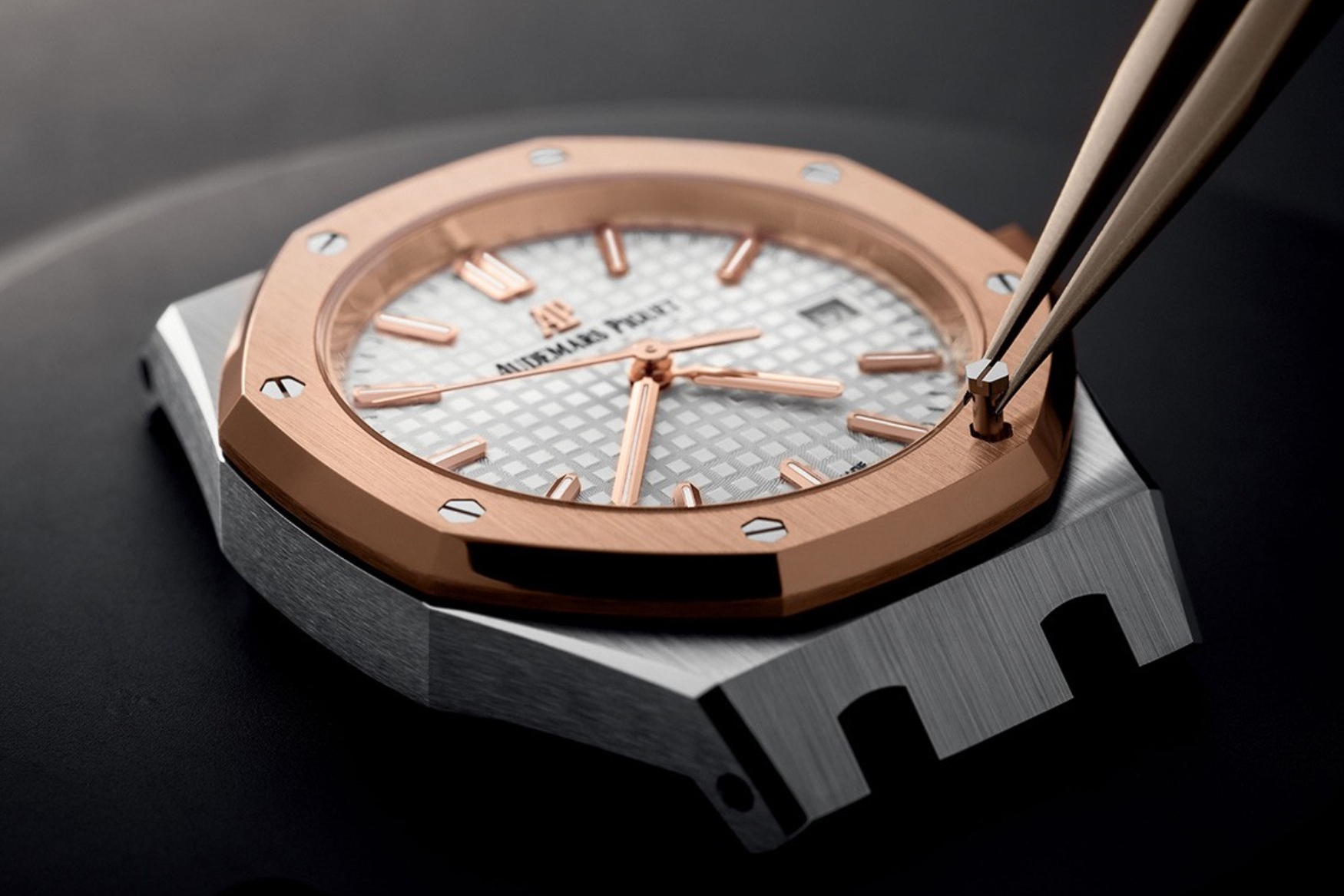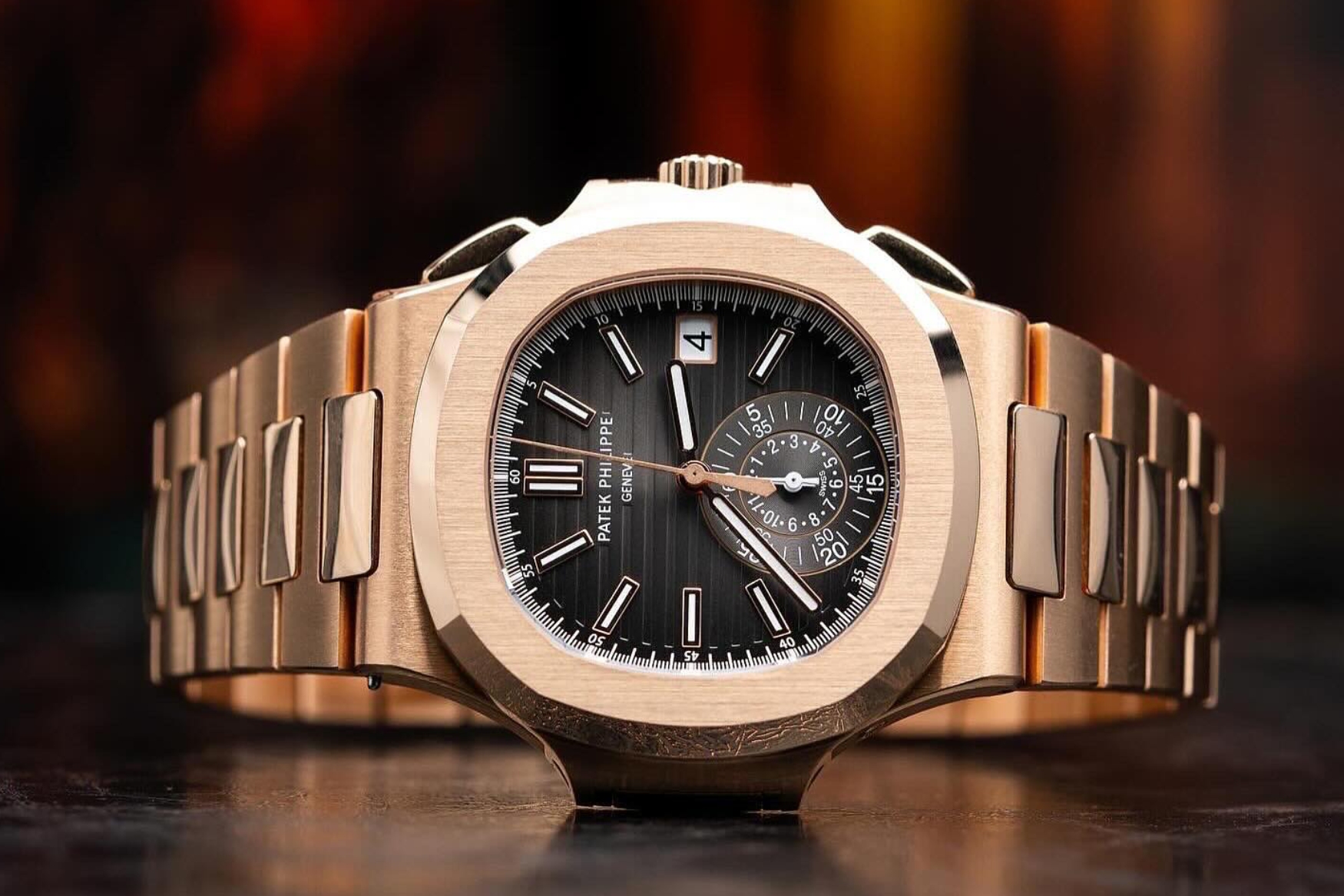Tying to buy: how the Hermès handbag lawsuit could affect the watch industry
Emily HolmesThe French luxury brand Hermès produces two handbags that can’t be had for love or money, but rather some nebulous combination of both things. The first is the Birkin, named for British actress and singer Jane Birkin, who bemoaned the fact that when she died she would only be remembered for the bag (which, alas, turned out to be rather prescient). The second is the Kelly, named for actress and Princess of Monaco Grace Kelly. These two bags, especially the Birkin, are the stuff of legend, immortalised in Sex and the City and known by even those who aren’t into fashion. They haunt the dreams of fashionistas who have everything else but can’t score that Birkin. In short, they are iconic. And very, very hard to get.
In fact, two Californians who didn’t get their bags (specifically the Birkin) are now taking the company to court for violation of antitrust laws and anti-competitive laws at both the state and national level – and this may have implications for the watch industry, too.
The Hermès lawsuit
The basic premise of the lawsuit, which was filed late last month, is that the plaintiffs were unable to buy the Birkin of their dreams without purchasing many other products from the brand first. The suit alleges that the brand encouraged its sales associates to sell customers other products before allowing their customers to buy Birkin and Kelly bags. The brand incentivises its sales associates to perpetuate this practice via the company’s commission structure. Sales associates earn 3% on ancillary purchases, like shoes and scarves, 1.5% on regular handbags, and no commission on limited access or quota bags. Birkin bags are solely available in-store, giving the sales associates total gatekeeping power.
But therein lies the rub: because Hermès has a monopoly on the supply of Birkins, the practice of tying – or requiring customers to purchase other products before giving them access to coveted items – violates US federal law.
What is tying?
Tying is hardly a practice exclusive to Hermès or the fashion industry. High-end Italian car marque Ferrari is notorious for the practice, for example: not only do Ferrari sue owners who modify their cars, but if you want a Ferrari beyond the entry-level, a buyer has to be a “loyal” customer – read, have a record of spending money. And of course, this practice exists in the watch world as well, which is why we’re talking about it in the pages of Time+Tide.
Rolex is perhaps the best example. Sometimes a lucky customer can walk in and buy a popular Rolex model with no purchase history, but that is not the norm. Many top watch brands limit their inventory to customers with extensive purchase histories, or at least give those customers priority. Ask anyone who’s tried to buy a Rolex, Patek Philippe or Audemars Piguet in recent years and you’ll know that authorised dealers (ADs) will seldom sell you a coveted steel sports watch without a significant purchase history or a long spell on a waitlist (or both).
The brands – whether that be car brands, watch brands or fashion brands – argue that their exclusive products are limited in number and should only go to customers who really appreciate them. For example, a Hermès Birkin takes over 20 hours of work by a single craft person to produce. It’s a hand-crafted good that is impossible to scale up. Thus, Hermès argues, that it should only be made available to a purchaser who loves and seriously appreciates the bag and the company behind it.
This is even more true for the watch world. For example, an AP Royal Oak – a watch famous for long waitlists – typically takes between two days and three months to assemble, again mostly by hand. We also know from Morgan Stanley’s most recent Swiss watch industry report that AP only makes 51,000 watches a year; they are genuinely limited. However, for brands like Rolex who make over 1.2 million watches a year, it’s a harder argument to accept.
Watches and tying
This Hermès case isn’t the only lawsuit about the practice of tying to come out of the state of California in recent years. Last year, a watch collector sued a jeweller for not selling them a $109,000 Nautilus, despite the collector spending $220,000 with the store to build up his purchase history. However, in that case, the jeweller knew it would not be able to sell the plaintiff his desired watch because it was losing its status as a Patek authorized dealer (AD) – a slightly different scenario.
The suit against Hermès is more broad in scope as it targets the practice of tying generally. The suit also takes place in California, which is significant. In the US, there’s a phenomenon known as “the California Effect”: whatever laws or rules exist in California oiften end up being the default protocol for the rest of the nation because of the outsized population and economic power of the state. If this suit is found to have merit, it will effectively ban the practice of tying in the US. If that happens, watch companies or jewellers could face similar suits.
What it could all mean
It could result in some companies making it easier to purchase exclusive products in the US. But it’s equally plausible that other brands will refuse to sell their exclusive products in the US at all. Because of the difficulty of scaling up production, it may not result in more watches being available – it may simply eliminate the practice of tying, or the practice of requiring customers to buy other goods before getting waitlisted for a watch. That said, some experts think this lawsuit is a complete non-starter, too.
However, what is certain is that if the court decides against Hermès, watch buying in the US could change forever, hopefully making it easier to acquire exclusive products without being forced to buy a bunch of unwanted merchandise first. That would be a big win for genuine watch aficionados.










